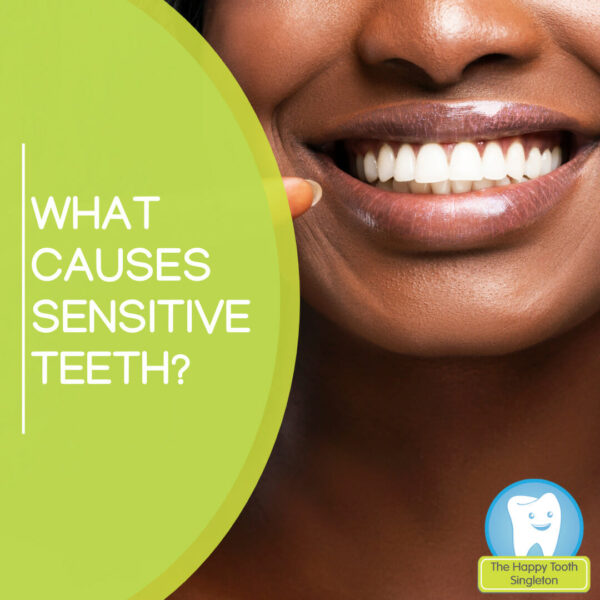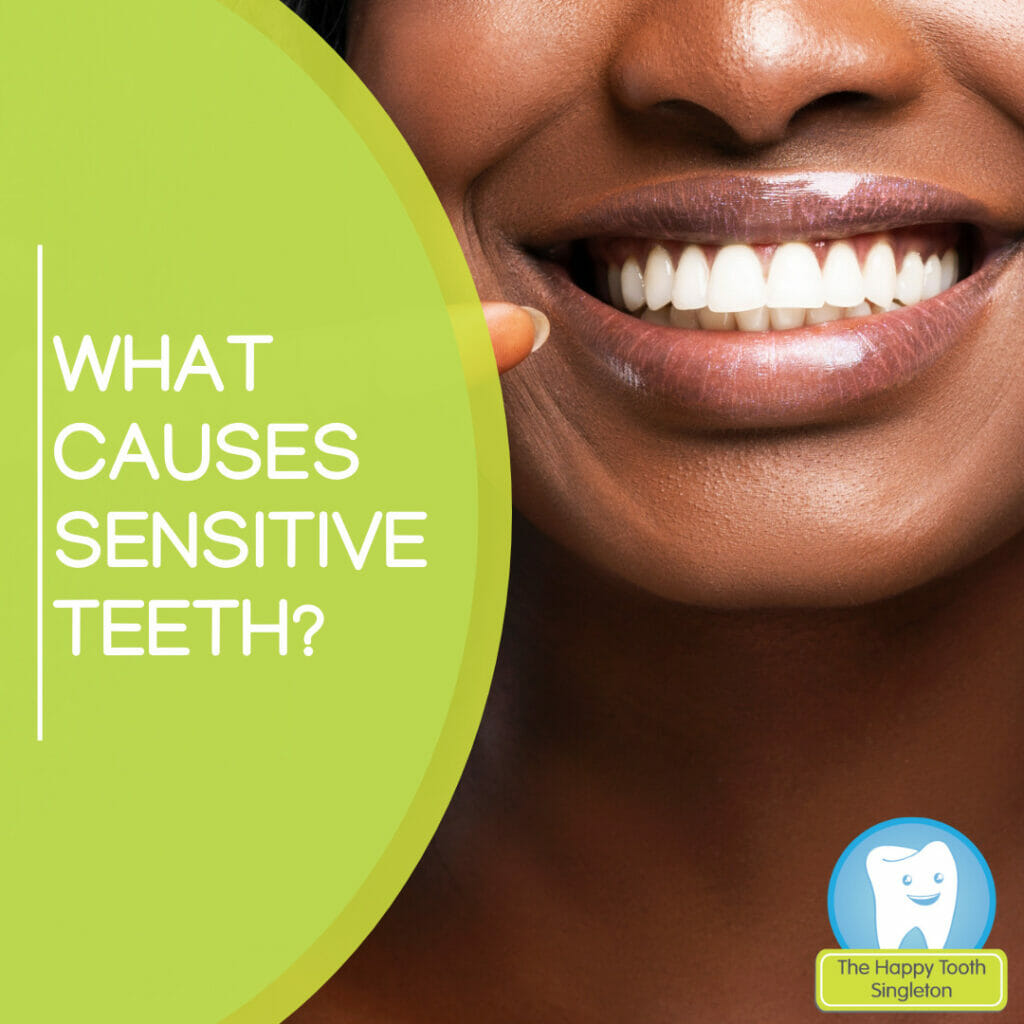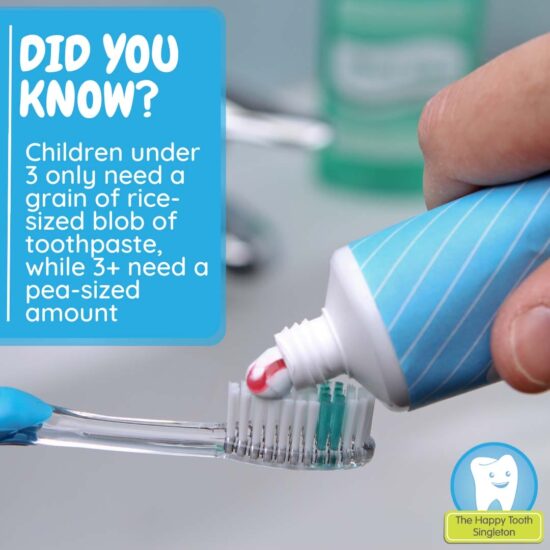Tooth sensitivity often is reported as feeling like a short, sharp pain that generally only lasts while the tooth/teeth are exposed to the stimulant. It can affect multiple teeth and the tooth/teeth can be sensitive to one or more stimulants at the same time, stimulants include:
Hot – food or drinks
Cold – food, drinks or breathing in cool air
Sweet – foods or drinks
There are multiple causes to sensitive teeth such as gum recession, teeth grinding and/or clenching, weakened tooth structure but most commonly it is caused by a compromised enamel (outer layer of the tooth structure) if pain persists after the stimulant is removed then it is important to see a Dentist to find the underlying cause as it may be a sign of tooth decay or erosion.
There are toothpastes designed specifically for those with sensitive teeth to help soothe the nerves so that they no longer respond to the stimuli. Please note – Sensitive toothpaste will not work if tooth decay is what is causing the sensitivity.
- There are a few things you can do to best prevent getting sensitive teeth, such as:
- Brushing twice a day with a fluoride toothpaste
- Flossing at least once a day
- Trying not to apply too much pressure when brushing (this can cause gum recession overtime)
- Limiting the consumption of acidic and/or sugary drinks and avoid brushing for at least 30min after
- Drinking plain tap water regularly




